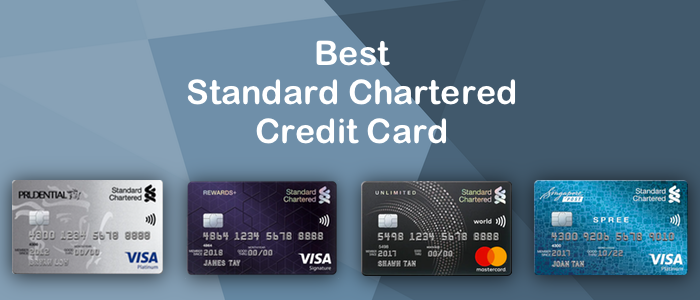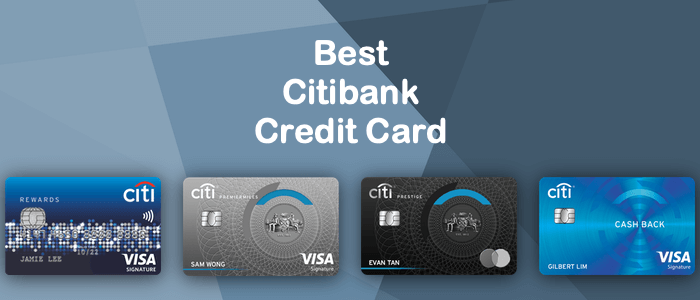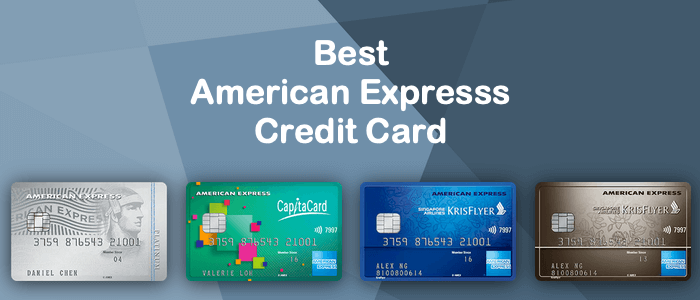
Should You Use Your Credit Cards When Travelling?
There is no definite answer as to whether you should or should not use your credit cards when travelling. Of course, there are both pros and cons to using credit cards abroad. Here is a list of pros and cons to help you decide when and whether you should use your credit cards during your overseas trips.
Say Yes To Convenience
- Travel rewards
Firstly, travel rewards and benefits that come with your credit cards can prove to be very useful in helping you save money, especially with regards to accommodation, dining as well as flight tickets. As not all cards offer the same perks, it is best to be aware of the rewards your cards offer, particularly travel cards.
- Convenient and safe, less cash dependent
Using credit cards can be safer than carrying large amounts of cash in a foreign land. Even if where you’re travelling to is generally known to be safe, robbery, theft and pickpocketing can still happen. Furthermore, paying with credit cards is so much more convenient and keeps your wallet light.
- Free travel insurance
Some credit cards also provide complimentary travel insurance, saving you a few hundred dollars off getting your own travel insurance. The Citibank Rewards Credit Card offers complimentary travel insurance when you charge your airfare to your card and the ANZ Travel Visa Signature Credit Card provides complimentary travel accident insurance of up to $1 million. Some other cards go one step further to offering the protection to your spouse and children travelling with you as well. Do read up on the terms and conditions of your credit card to ensure you have activated the insurance before you go on your trip.
Convenience comes at a cost
- Foreign transaction fees
When you make overseas transactions using your card, a foreign transaction fee will be incurred. Rates vary according to the bank and card issuer and are usually about 1.5 to 3% of the purchase amount.
- Dynamic currency conversion
In addition to the point above, dynamic currency conversion is when merchants quote the purchase amount in USD or a non-local currency, which is afterwards converted to your home currency. The rates offered at the checkout counter are usually not very favourable and it is almost always better to pay in the local currency.
- Credit card fraud risk
There is always the risk that your wallet or credit cards are stolen and used for illegal purchases. It is highly possible that a thief will be able to make unauthorised purchases on your card before you become aware that your card has been compromised. Setting SMS alerts for any transactions made on your card will help notify you before it’s too late.
- Foreign ATM fees
Withdrawing money from foreign ATMs come with fees. Card issuers impose a fee of about $7 on foreign ATMs located outside their network of machines. ATM owners impose a fee of 3 to 5% of the withdrawal amount. What might be a better idea is to take some of your home currency and get it changed at your destination to the local currency.
- Not all areas accept cards
Remember that not all places might accept credit cards, especially small businesses or if you’re in a less urban area. It’s always important to carry some cash on you for this reason.
If you’re one who uses credit cards often when travelling, a travel-friendly card will help you save a lot in the long run. This is especially so for cards that carry no foreign transaction fees. These cards also usually offer a bunch of attractive benefits and are accepted internationally. It is best to be aware of how and what fees are charged to your credit card when you use it abroad and use it accordingly.
If you dont have a travel credit card and are looking for greater security, convenience and AirMiles, then check out our short list of the best travel credit cards in Singapore.





